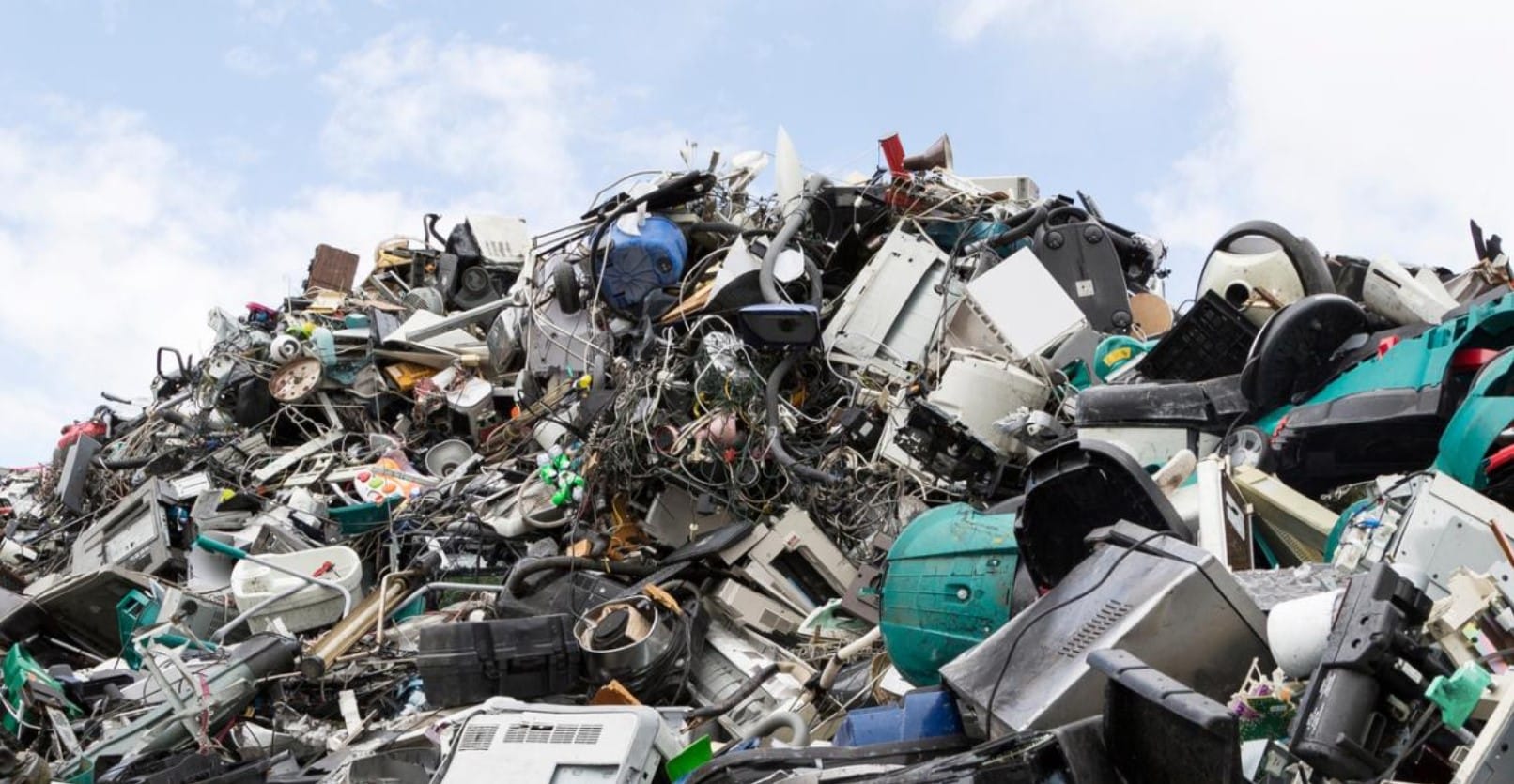Cyprus is to impose a “landfill tax” on its local authorities, charging them money to dispose of waste at landfill sites, the environment department said on Friday.
Following a study into the matter, the department said the total amount payable would initially be €35 per tonne of waste sent to landfill, with that figure set to rise by €5 every year.
However, it said, the final amount payable “will be determined by taking into account the results of the public consultation and the views of those involved and the public”.
It added that plans for a landfill tax were first drawn up in 2022, when former President Nicos Anastasiades’ government devised its “municipal waste management strategy”, and that it was this plan which foresaw the introduction of a landfill tax this year.
As well as this, it said, a total of 22 of the European Union’s 27 member states have already implemented their own landfill taxes, with Cyprus being left behind.
“Cyprus cannot continue to be an exception, especially given the risk of not achieving the reuse and recycling targets for municipal waste and the targets for the reduction of landfill use by 2035,” it said.
It added that 67 per cent of Cyprus’ municipal waste ended up at landfill sites in 2020, with Cyprus having one of the lowest rates of municipal recycling of any country Europe.
“The aim of the regulations is for the tax to constitute a financial disincentive for the production of mixed waste and to promote actions for the prevention, reduction, and reuse of waste, as well as actions for separate collection with the aim of increasing recycling and, by extension, reducing landfill,” it said.
It added that the landfill tax will thus “only be a financial burden in cases where environmental policies are not promoted and where the necessary measures are not taken to achieve the EU’s objectives for wate management”.
Cyprus aside, the only EU member states not to have introduced a landfill tax are Croatia, Germany, Luxembourg, and Malta.
At the other end of the scale, Belgium’s Wallonia region charges €120.52 per tonne, while former EU member the United Kingdom, which first introduced a landfill tax in 1996, will increase its own rate for general waste to £126.15 (€151.61) on April 1.
The EU has already expressed concern over Cyprus’ waste management situation, with European Commission Director-General for the Environment Aurel Ciobanu-Dordea having said in November that the bloc is “closely monitoring” the matter.
He referred to the fact that the commission sent a letter of formal notice to the Cypriot government on the matter in 2021, saying, “in that case, the commission considers that Cyprus has breached the waste legislation as it has failed to ensure that waste is subject to an adequate treatment before being landfilled.”
Additionally, he said, Cyprus “has also failed to establish an integrated and adequate network of waste management installations for mixed municipal waste, including installations for the treatment of waste before landfilling.”
He also referred to an EU early warning report issued last year, which said Cyprus risks missing recycling targets set by the commission for the year 2025. The commission had set targets of 55 per cent of municipal waste and 65 per cent of packaging waste being recycled by 2025.
Another target set by the EU was that no more than 10 per cent of municipal waste be sent to landfill by 2035.
Ciobanu-Dordea said the report found that the rate of municipal solid waste being recycled in Cyprus in 2020 was just 16.8 per cent – a figure way short of the EU targets. He also said that at the same time, a total of 67 per cent of municipal waste was being sent to landfill – over six times the EU target maximum.
“The early warning report for Cyprus recommended the extension of the separate collection at source to all population, coupled with awareness raising campaigns on how citizens can prevent waste and improve waste segregation at source,” he said.






Click here to change your cookie preferences